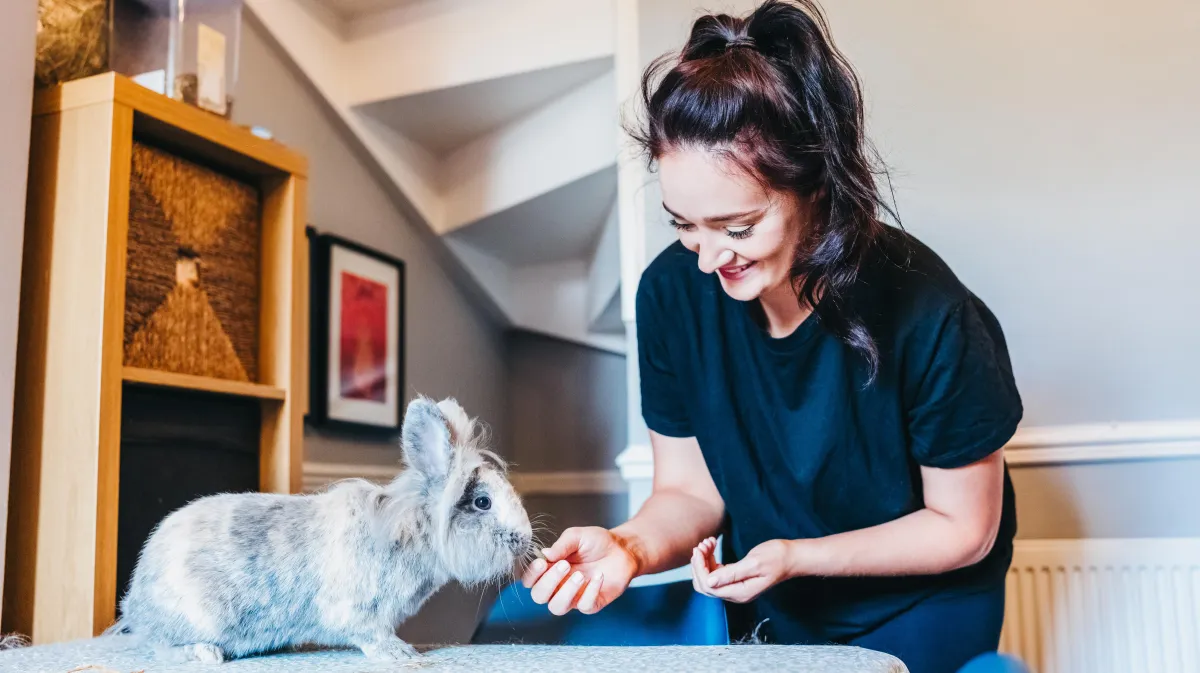Call us for a FREE quote!
07793054996
Birmingham's Trusted
Pet Sitters
Welcome to Birmingham Pet Sitters, your local pet sitters offering drop in visits to your home.
We can take care of cats, dogs, rodents, birds and fish.

Get in Touch
Birmingham's Trusted
Pet Sitters
Welcome to Birmingham Pet Sitters, your local pet sitters offering drop in visits to your home.
We can take care of cats, dogs, rodents, birds and fish.

Leave Your Pet in Safe Hands
Same pet sitter each time ✔
Regular photo & video updates ✔
Homecare included ✔
Free pre-visit included ✔
Trusted by pet owners ✔
Leave Your Pet
in Safe Hands
Same pet sitter each time ✅
Photo & video updates ✅
Homecare included ✅
Free pre-visit included ✅
Trusted by pet owners ✅
About Us
Hello and welcome to our page.
We’re Marie & Michael, the founders of Birmingham Pet Sitters.
Like many pet owners, we struggled to find the right pet sitters for our cat.
Whether we were away on holiday, busy working, or just away from home, we couldn’t find a reliable sitter who our cat felt comfortable with.
So, we decided to set up Birmingham Pet Sitters to help take some of those issues away from pet owners in Birmingham and Solihull.
Hopefully, we’ll speak soon!
About Us
Hello and welcome to our page.
We’re Marie & Michael, the founders of Birmingham Pet Sitters.
Like many pet owners, we struggled to find the right pet sitters for our cat.
Whether we were away on holiday, busy working, or just away from home, we couldn’t find a reliable sitter who our cat felt comfortable with.
So, we decided to set up Birmingham Pet Sitters to help take some of those issues away from pet owners in Birmingham and Solihull.
Hopefully, we’ll speak soon!
Our Visits
Our drop in visits to your home allow us to take care of your pet when you’re not able to.
Whether you're going away on holiday, working long hours or just need someone to look after your pet, we're here to help.
Each visit is 25 minutes and includes:
• Feeding, water & playtime
• Litter tray refresh
• Homecare
• Photo/video updates via WhatsApp
• Up to 3 pets per household
• Dog walking available

Our Visits
Our drop in visits to your home allow us to take care of your pet when you’re not able to.
Whether you're going away on holiday, working long hours or just need someone to look after your pet, we're here to help.
Each visit is 25 minutes and includes:
• Feeding, water & playtime
• Litter tray refresh
• Homecare
• Photo/video updates
• Up to 3 pets per household
• Dog walking available


Frequently Asked Questions
Which Areas Do You Cover?
We cover all areas of Birmingham and Solihull.
Will We Get the Same Visitor Each Time?
Yes! We are a family business so it will always be Marie or Michael who visits.
This allows us to build a bond with your pet, making them as comfortable as possible.
How Do We Give You Access to Our Home?
A few days prior to our visit we will collect your house keys from you.
On a pre-visit call, you can confirm any alarm codes or special access information that we need.
How Much Do You Charge?
Each drop in visit is £12.50.
Frequently Asked Questions
Which Areas Do You Cover?
We cover all areas of Birmingham and Solihull.
Will We Get the Same Visitor Each Time?
Yes! We are a family business so it will always be Marie or Michael who visits.
This allows us to build a bond with your pet, making them as comfortable as possible.
How Do We Give You Access to Our Home?
A few days prior to our visit we will collect your house keys from you.
On a pre-visit call, you can confirm any alarm codes or special access information that we need.
How Much Do You Charge?
Each drop in visit is £12.50.

Get in Touch
Get in Touch
